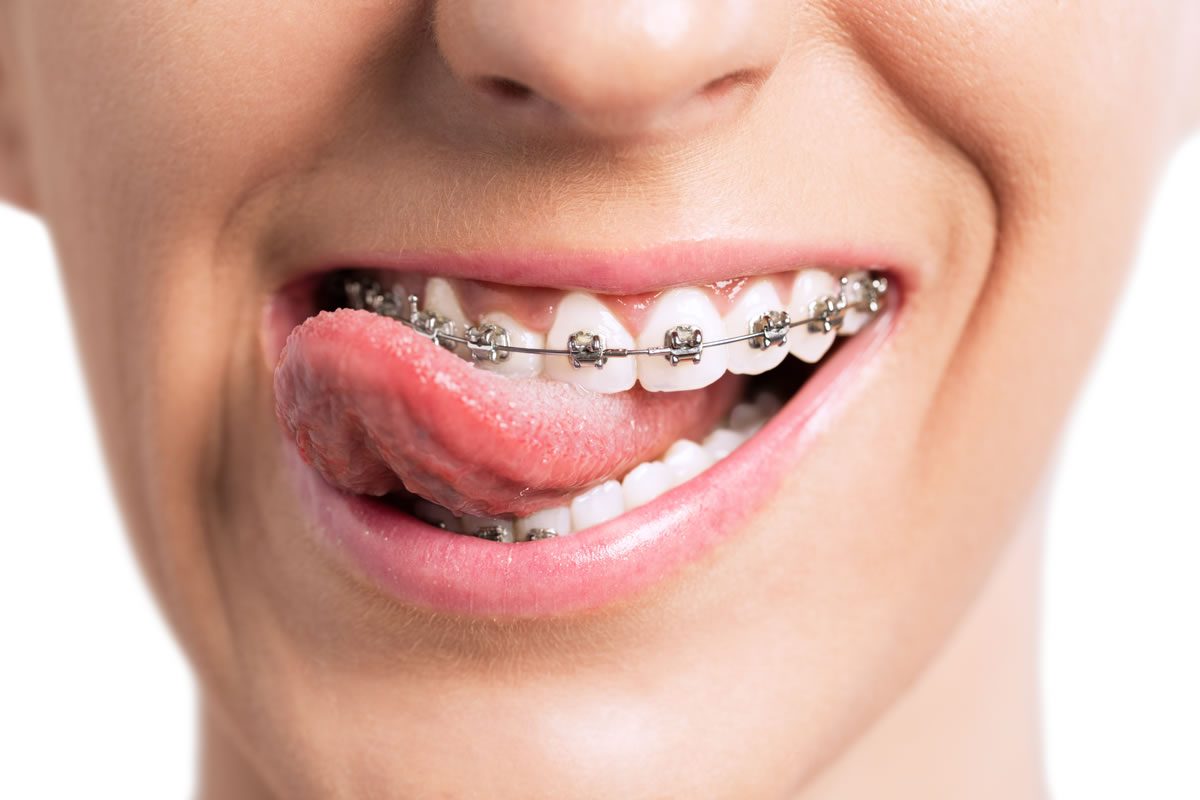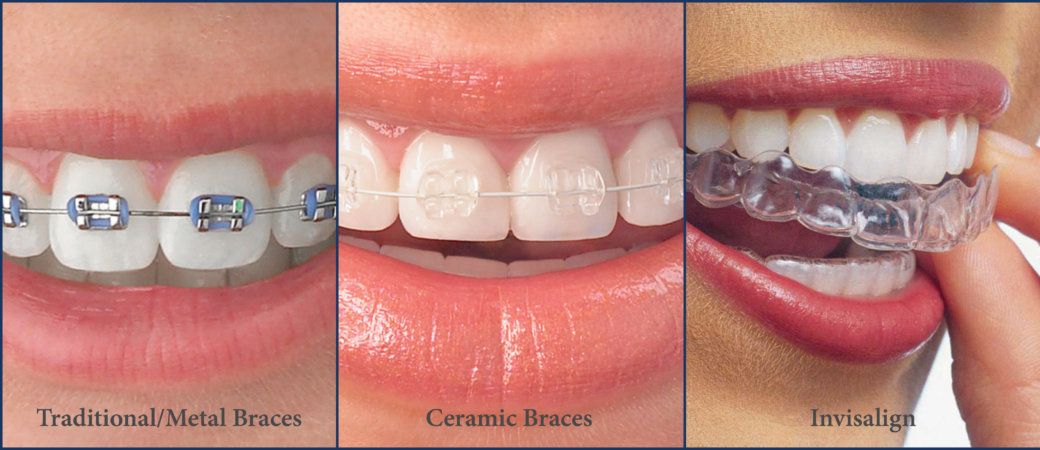Unknown Facts About Causey Orthodontics
Table of ContentsIndicators on Causey Orthodontics You Should KnowCausey Orthodontics Fundamentals ExplainedThe Main Principles Of Causey Orthodontics The Facts About Causey Orthodontics UncoveredThe Main Principles Of Causey Orthodontics Not known Incorrect Statements About Causey Orthodontics The Main Principles Of Causey Orthodontics
What is the distinction between a dentist and an orthodontist? All dentists, consisting of orthodontists, deal with the teeth, gum tissues, jaw and nerves.
Orthodontists and dentists both supply oral treatment for individuals. Orthodontists can work in an oral office and offer the same therapies as various other dentists. You can think of both medical professionals who treat gum tissue and teeth problems. The primary difference is that becoming an orthodontist calls for a certain specialized in dealing with the imbalance of the teeth and jaw.
What Does Causey Orthodontics Mean?
An orthodontist is a dentist that has actually undergone training to specialize in the medical diagnosis, avoidance and treatment of abnormalities in the jaw and teeth. They can also determine possible issues in teeth positioning that might develop when conditions are left untreated (orthodontist services).
This includes all the required education to end up being a basic dental practitioner. According to the American Pupil Dental Organization (ASDA), it indicates you will certainly require to have either a Doctor of Medicine in Dentistry (DMD) or a Physician of Oral Surgery (DDS). In other words, orthodontists require to complete dental college and afterwards get an orthodontics specialized education and learning.
Some orthodontists additionally get their masters in craniofacial biology. These programs focus on 2 particular areas or self-controls: Dentofacial Orthopedics: This study focuses on guiding teeth and jaw development.
The 25-Second Trick For Causey Orthodontics

 These include apparatus such as braces, retainers and Invisalign. What does an orthodontist do, and what do they concentrate on? The total objective of an orthodontist is to boost a person's bite. Not everyone is born with straight teeth, and an orthodontist will guarantee that people get uniformly spaced straight teeth.
These include apparatus such as braces, retainers and Invisalign. What does an orthodontist do, and what do they concentrate on? The total objective of an orthodontist is to boost a person's bite. Not everyone is born with straight teeth, and an orthodontist will guarantee that people get uniformly spaced straight teeth.

10 Easy Facts About Causey Orthodontics Shown
The American Association of Orthodontists advises your very first check up by age 7. You'll need to see your orthodontist if you have an imbalance in your teeth, additionally known as malocclusion. If you notice uneven bite patterns, a slightly twisted jaw, or when your teeth are chock-full, you will likely need orthodontic treatment.
In addition, we supply adjustable treatment timetables, versatile payment alternatives and an enjoyable, delightful experience.
An orthodontist is a dentist trained to detect, stop, and treat teeth and jaw abnormalities. Orthodontists work with people of all ages, from youngsters to grownups (https://www.ehbact.com/health-wellness/jerry-stafford).
Fascination About Causey Orthodontics
Malocclusion, or misaligned teeth, can cause oral concerns, including dental caries, gum tissue condition, and tough or painful eating. Not everyone is born with straight teeth. If you have a poor bite or huge spaces in between your teeth, you may want to consult a dental professional focusing on orthodontic care.
(Photo Credit Rating: DigitalVision/Getty Images) Orthodontists make use of repaired and removable oral tools, like braces, retainers, and bands, to transform the setting of teeth in your mouth. Orthodontic treatment is for oral irregularities, consisting of: Uneven teethBite troubles, like an overbite or an underbiteCrowded teeth or teeth that are also far apartJaw misalignmentThe goal of orthodontic therapy is to boost your bite.
The Buzz on Causey Orthodontics

All orthodontists are dentists, however not all dental experts are orthodontists. Orthodontic residency programs provide intensive, focused direction for dental experts. They concentrate on 2 locations: How to appropriately and securely relocate teeth How to correctly lead development in the teeth, jaw, and faceOnce an orthodontist has actually completed training, they have the alternative to end up being board certified.
Misalignment, or malocclusion, is the most typical reason people see an orthodontist. It is genetic and is the outcome of size distinctions between the upper and lower jaw or in between the jaw and teeth. orthodontist expert. Malocclusion brings about tooth overcrowding, an irregular jaw, or irregular bite patterns. Malocclusion is typically treated with: Your orthodontist attaches steel, ceramic, or plastic square bonds to your teeth.
The Buzz on Causey Orthodontics
If you have only small malocclusion, you might have the ability to use clear dental braces, called aligners, instead of typical braces. Some individuals need a headgear to help move teeth right into line with pressure from outside the mouth. After dental braces or aligners, you'll require to use a retainer. A retainer is a customized device that maintains your teeth in location.
Comments on “The Greatest Guide To Causey Orthodontics”